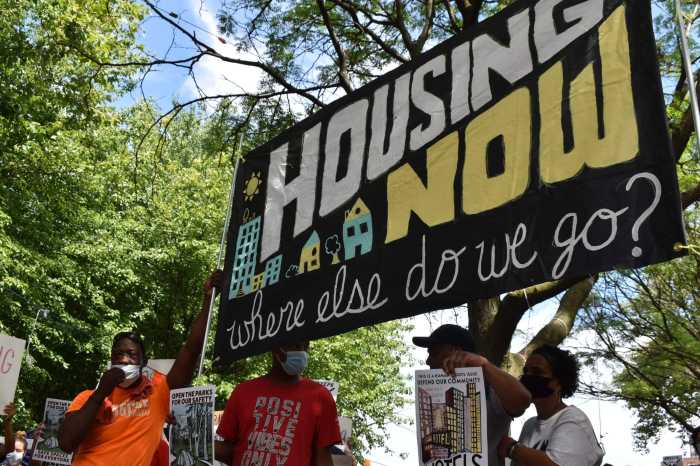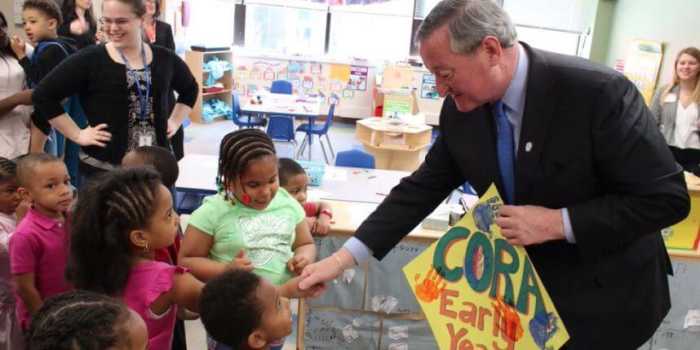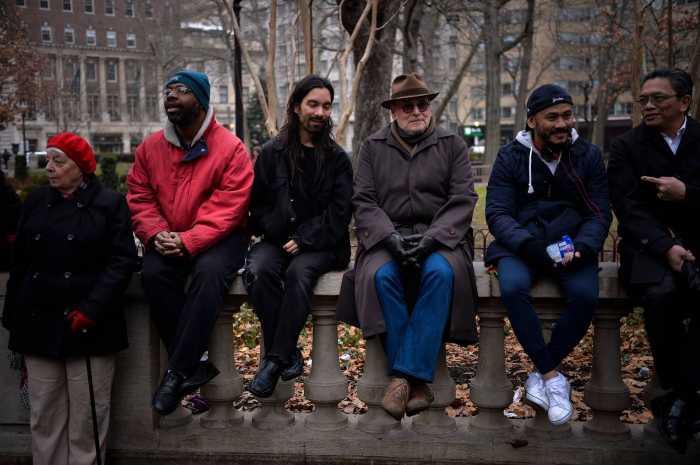Philadelphia Health Commissioner Thomas Farley acknowledged Monday that the city’s vaccine roll-out could be delayed as a result of the Philly Fighting COVID saga.
Meanwhile, City Council leaders released plans to move forward with legislation tightening regulations on the health department’s ability to partner with outside groups.
Investigators from the city’s Office of Inspector General are also preparing to interview employees and compile a report as part of an inquest into the department’s relationship with PFC.
City leaders cut ties with PFC last week following reporting from WHYY and the Inquirer indicating the organization had quietly shifted to a for-profit company, introduced questionable language to its privacy policy and abruptly canceled testing events.
The start-up’s 22-year-old CEO, Andrei Doroshin, has also admitted to taking leftover vaccine doses to inoculate his friends.
Deputy Health Commissioner Caroline Johnson, who led the city’s vaccine efforts, resigned Saturday after she was questioned over email exchanges with PFC and the Black Doctors COVID-19 Consortium.
In those messages, Johnson provided budgetary estimates to assist the groups in applying for a city contract to become community vaccine providers, Farley said.
As a result, the city has decided to restart the request-for-proposals process, meaning any organization that applied to administer vaccines will have to redo their submission.
Johnson’s responsibilities in the department will be assumed by a wider vaccine team, Farley said. He described her departure as a “real loss,” calling her a well-respected expert in infectious diseases.
Farley said it’s possible that the PFC situation, and its fallout, will slow down the pace of the city’s vaccination campaign.
“We’re going to try very hard to have it not slow down the process,” he said, explaining that the biggest hurdle is still a limited number of doses.
Doroshin has said he took a handful of doses home to use them before they expired. There’s no evidence that a large amount of vaccine is unaccounted for, Farley said.
Mayor Jim Kenney on Monday reiterated his support for Farley. Some state lawmakers from Philadelphia have requested a leadership change at the health department.
“If at any point the mayor feels that I’m not the appropriate person to lead the response or lead the health department, he can simply ask me, and I would be happy to leave,” Farley told reporters during a virtual briefing.
“And I’m not asking him,” Kenney quickly added.
On Thursday, City Council members will introduce legislation aimed at improving the department’s vetting procedures, and, a day later, council will hold a hearing on the PFC scandal.
The bill would require a contract for any non-governmental provider distributing vaccines in Philadelphia.
PFC had a contract to conduct testing, but, Farley said last week, it only had a provider agreement to operate a vaccination clinic at the Pennsylvania Convention Center.
In addition, the legislation would mandate the health department provide details about a provider’s experience and qualifications. It also would require the department to report data, including demographic information on who is being vaccinated by a particular provider, to council members.
“We have to get this right,” Council President Darrell Clarke said in a statement. “People need faith that their government can keep them safe and deliver them vaccinations fairly and equitably.”
Kenney said the IG’s office will examine any ethical breaches, and its report will be released publicly.
“I don’t think anything criminal went on,” the mayor said, though the District Attorney’s Office and Pennsylvania Attorney General’s Office have encouraged people with information to come forward.
Health department employees will be running clinics at the Convention Center this week and next week to administer second doses to people who received their first shot through PFC.
The start-up administered just under 7,000 doses during a series of clinics aimed at inoculating home health aides.




























